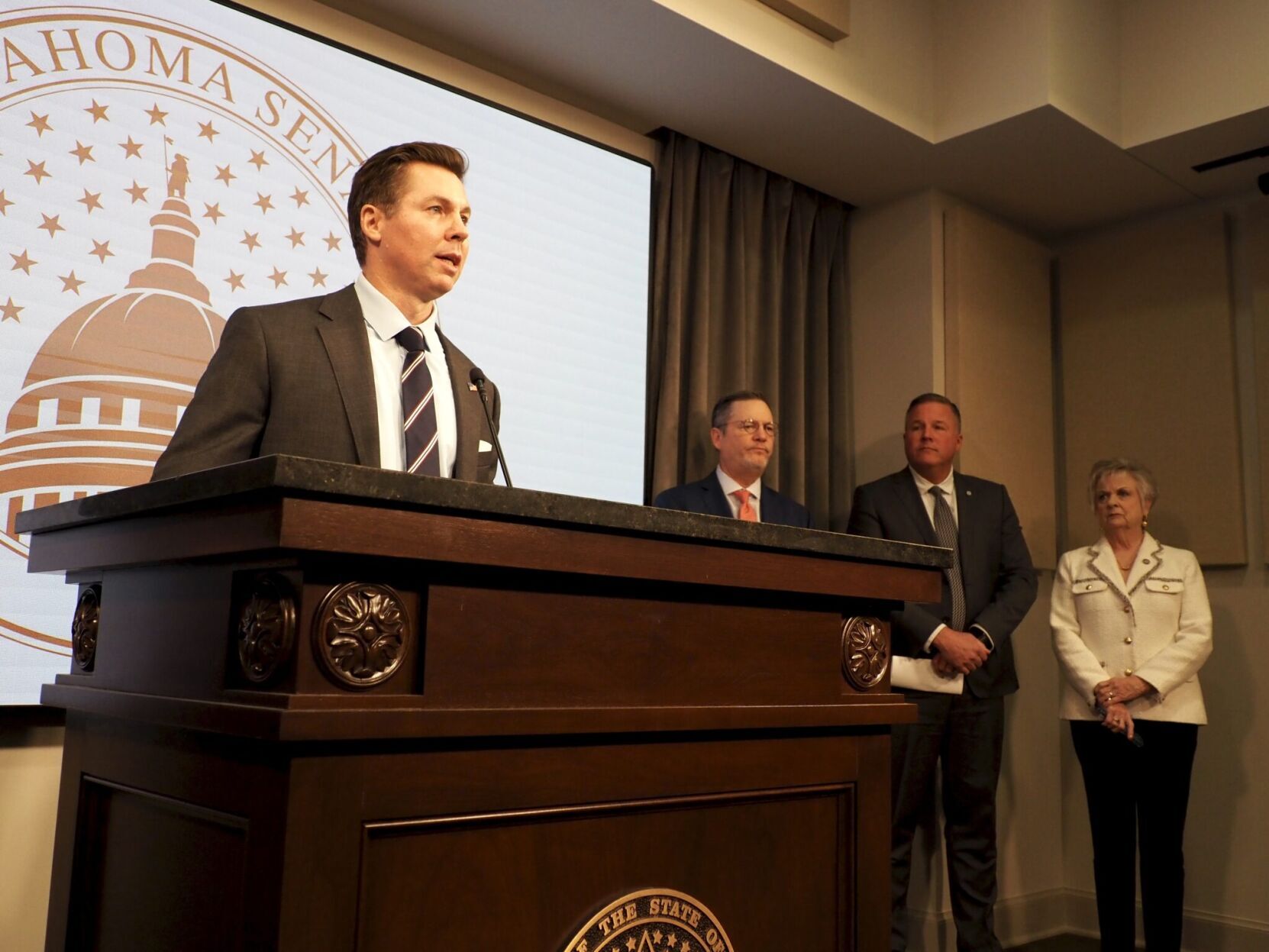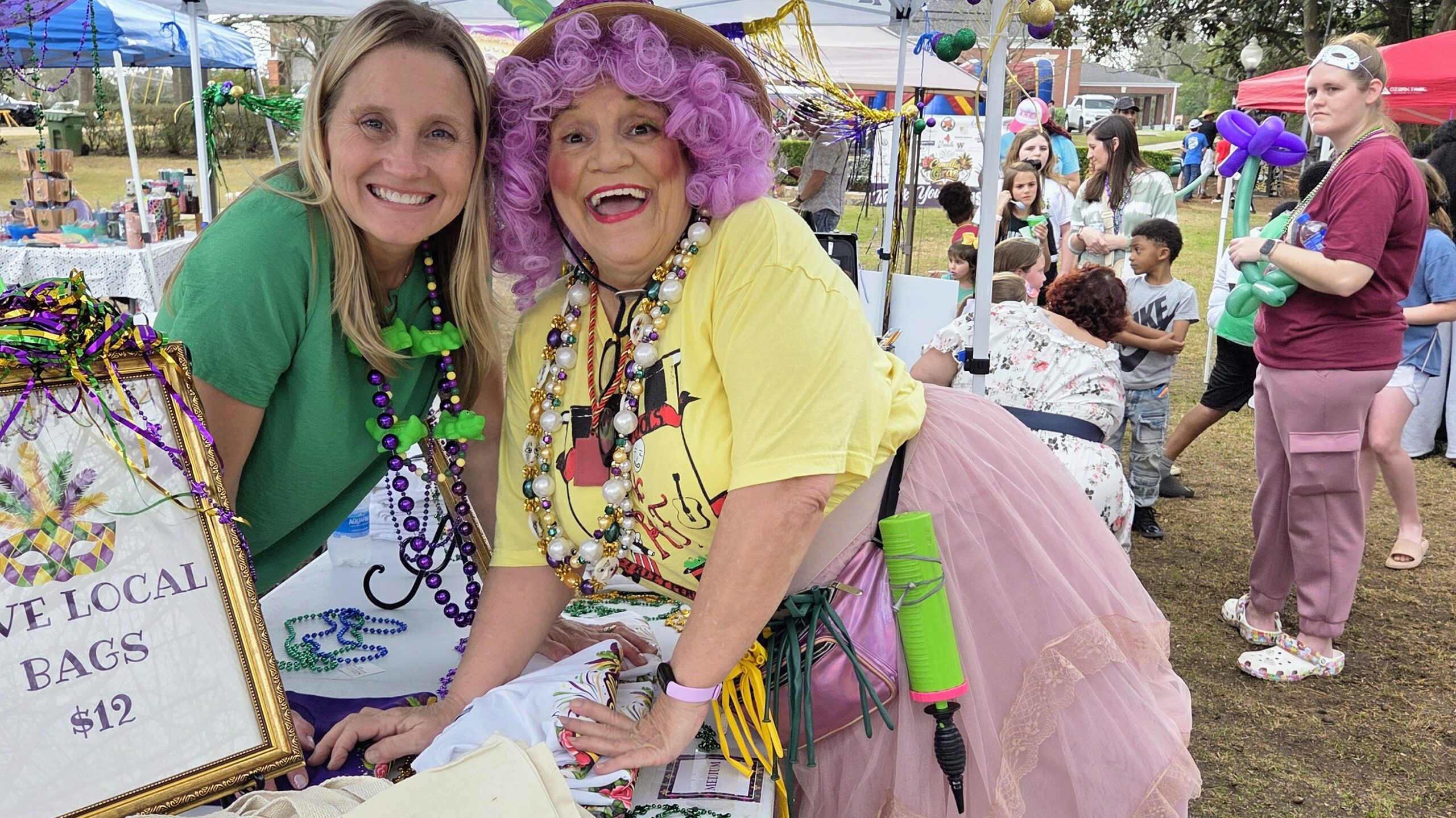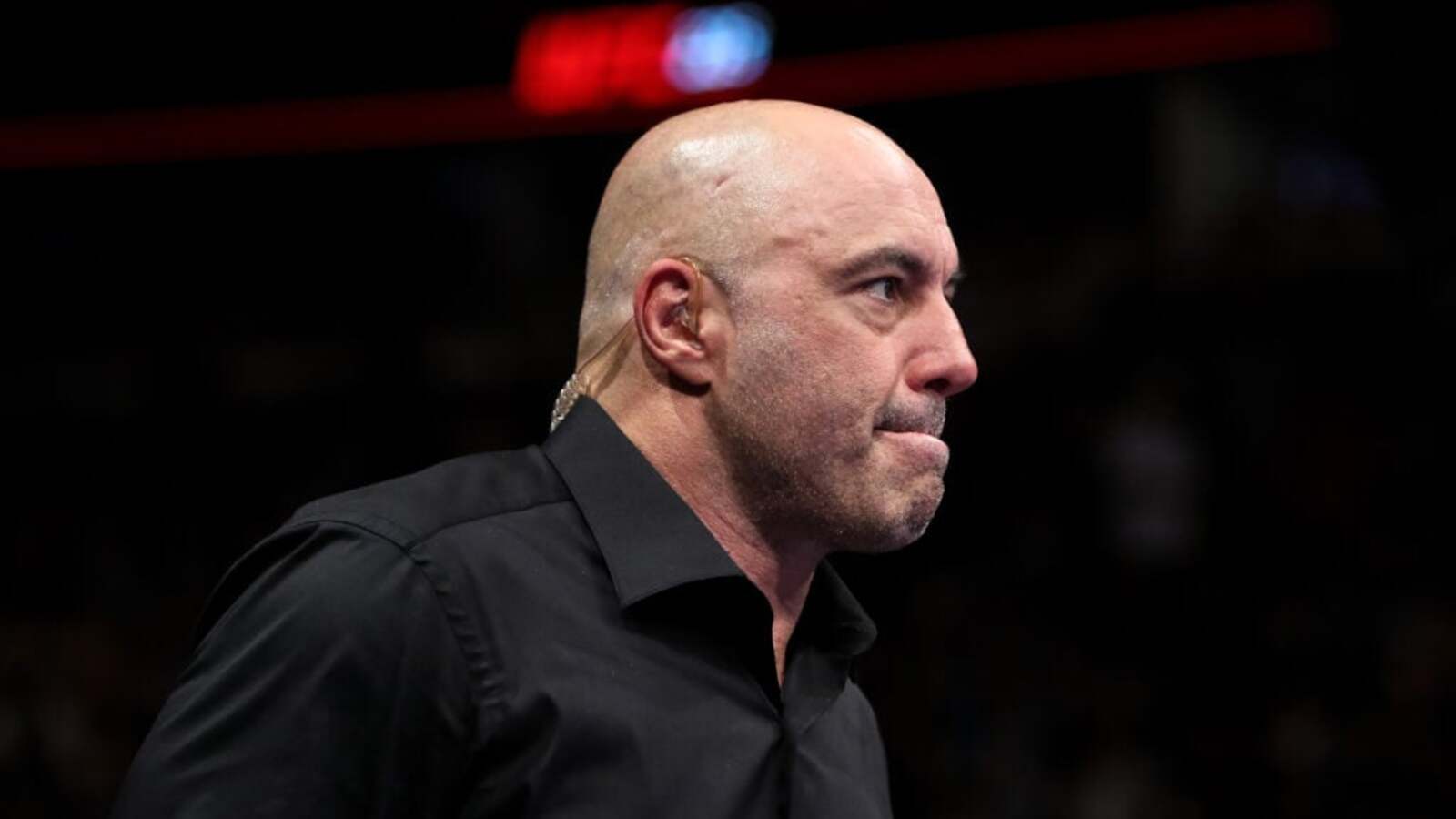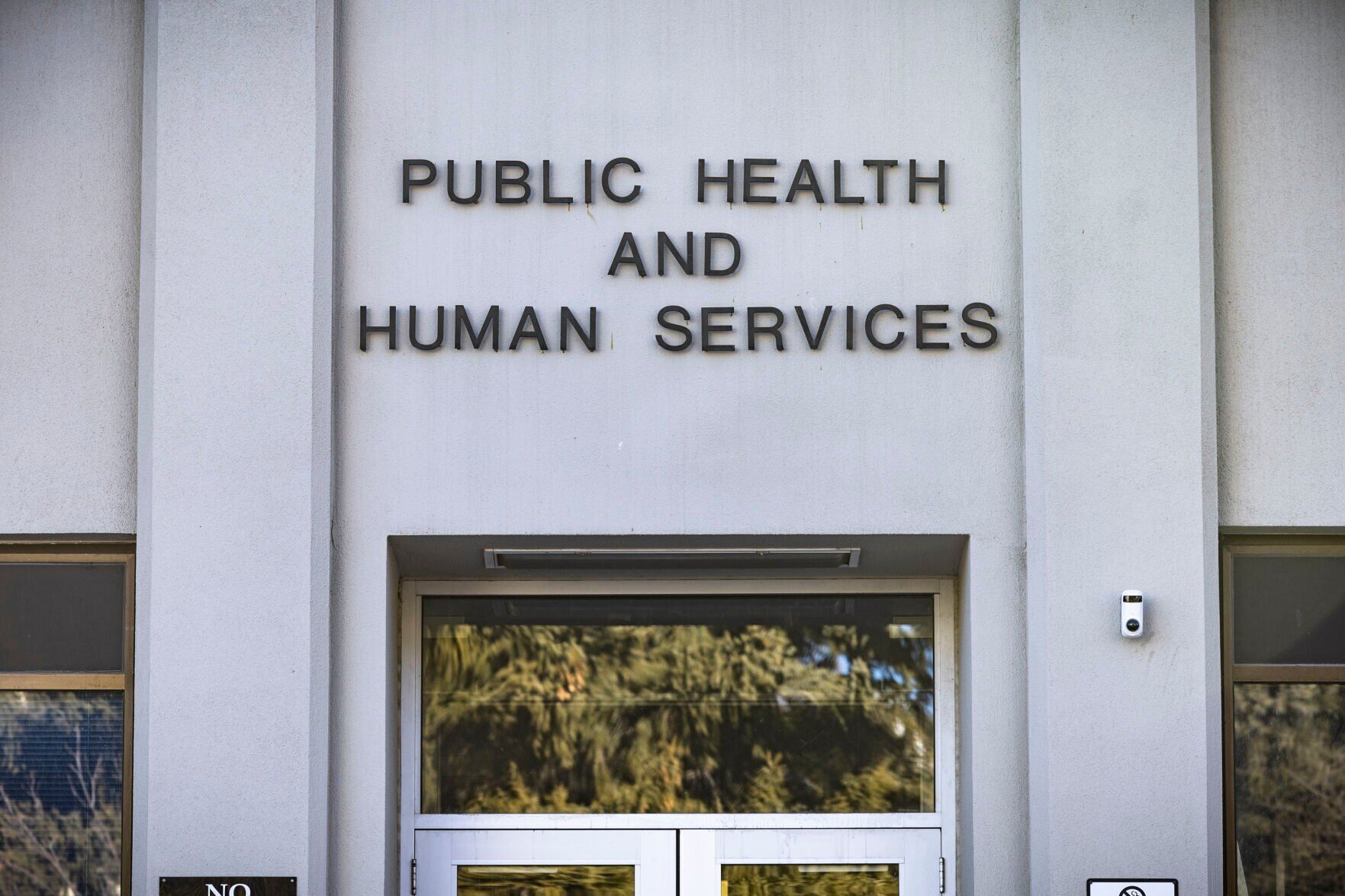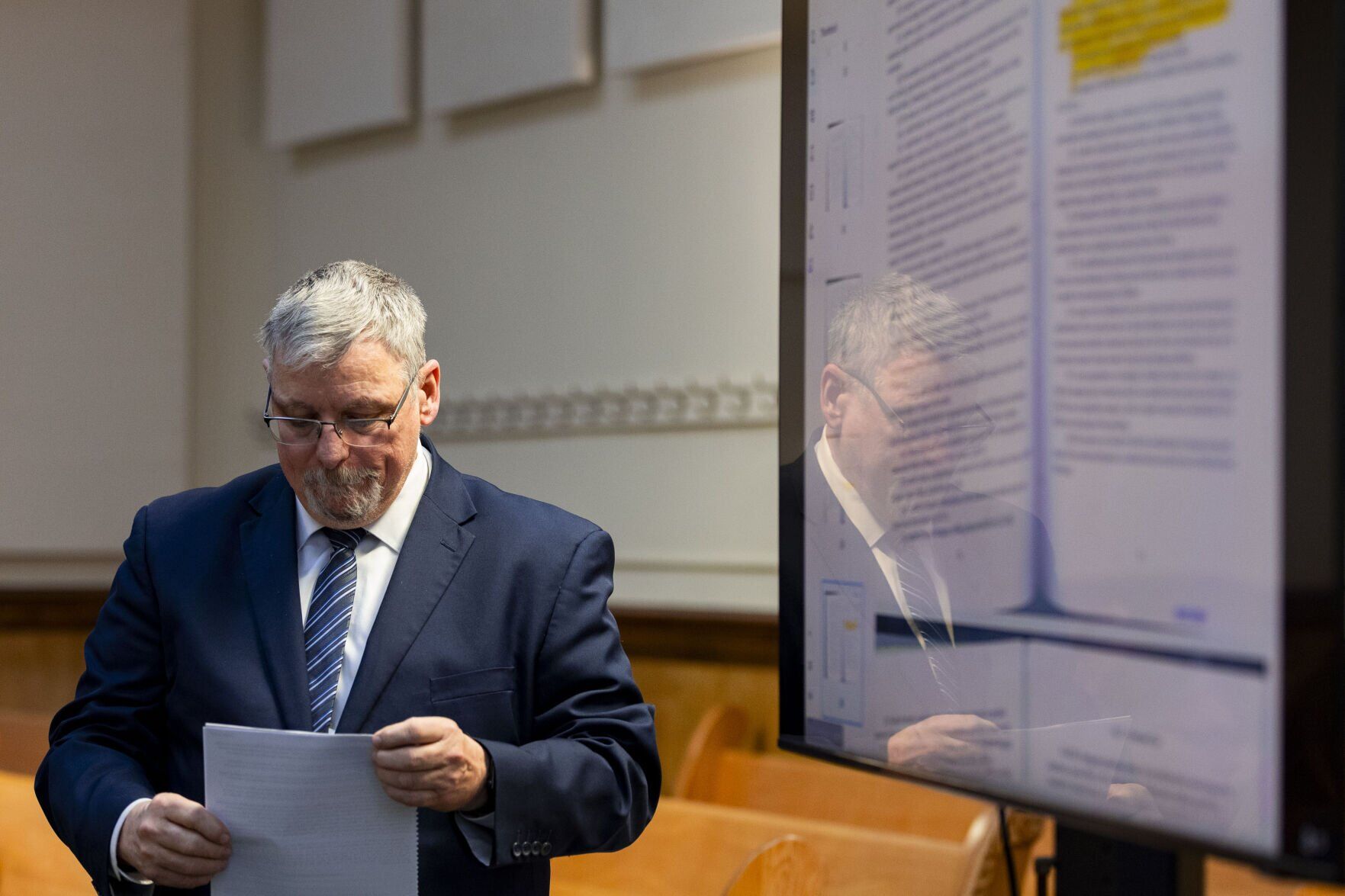Lyle and Erik Menendez, convicted of killing their parents in 1989, have both been denied parole in back-to-back hearings. Citing misbehavior behind bars, the California parole board ruled that the brothers remain unsuitable for release at this time. While Erik will be eligible again in three years, Lyle’s future now rests with Governor Gavin Newsom.
Lyle Menendez Denied Parole One Day After Brother’s Rejected Bid
Key Takeaways:
- Both brothers were denied parole just one day apart
- They have spent nearly three decades in prison for killing their parents
- Prison misconduct, including unauthorized cellphone use, influenced the decisions
- The final say on Lyle’s release rests with California Governor Gavin Newsom
- Erik’s next opportunity for parole will be in three years
Introduction
The Menendez brothers, Lyle and Erik, have once again been met with disappointment in their pursuit of freedom. Both men, who were convicted of killing their parents in 1989, were denied parole during separate hearings held just one day apart. Their case, which once captivated the nation, continues to draw attention more than three decades later.
The Legal Background
In 1989, José and Kitty Menendez were shot to death by their sons, then 18-year-old Erik and 21-year-old Lyle. The brothers eventually claimed that years of sexual abuse by their father spurred the crime. After two trials—the first ending in a mistrial—a court found them guilty of murder. Sentenced to life in prison, the Menendez brothers have served nearly three decades behind bars.
The Recent Parole Hearings
On the day of Erik’s hearing, parole board commissioner Robert Barton declared Erik not ready for release. He highlighted prison misbehavior—such as using a cellphone—as a contributing factor. Just 24 hours later, Lyle’s parole bid met the same fate. According to parole board records, Lyle’s infractions behind bars included refusing orders and possessing contraband, such as a lighter and Adidas shoes.
Governor’s Decision
Although the parole board’s ruling is significant, the final determination regarding Lyle’s release ultimately falls to California Governor Gavin Newsom. He will decide whether the 57-year-old might one day walk free. Meanwhile, Erik has been informed that he will not be eligible for parole again until three years from now, ensuring that both brothers remain in prison for the foreseeable future.
Conclusion
The Menendez brothers’ long road to potential release continues to be marked by setbacks. Their convictions—once the subject of a high-profile trial—have led to decades of incarceration. As Governor Newsom reviews Lyle’s puzzle of legal and behavioral factors, the fate of the Menendez brothers underscores the rigorous scrutiny parole applicants face, particularly for high-profile crimes.



